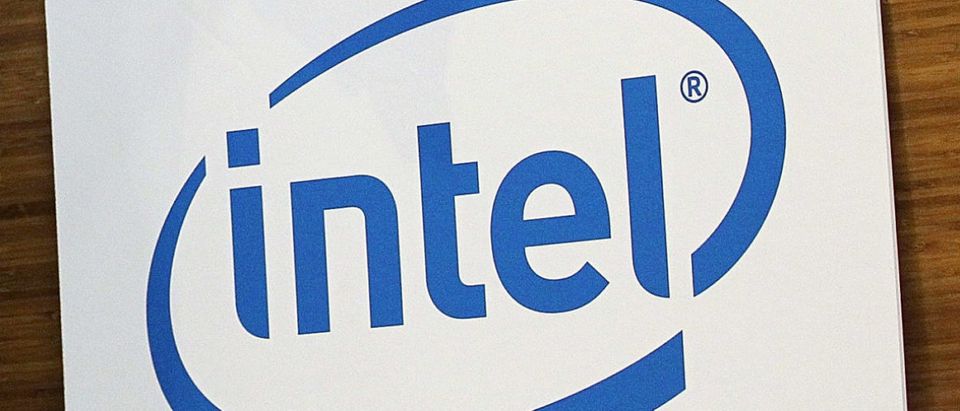U.S. chip-industry and venture-capital firms have invested in China’s chip-sector, endangering America’s top global position in the industry and allegedly threatening the nation’s national security, the Wall Street Journal reported.
U.S. venture capital firms, private investors and chip-industry companies have made 58 investment deals with China’s semiconductor industry between 2017 and 2020, according to an investigation by the Wall Street Journal. These investments could threaten U.S. dominance in the chip-sector as China advances in the industry.
Intel Corp., a major chip company, is supporting and aiding a Chinese company called Primarius Technologies Co., which creates chips that American companies currently dominate in producing, according to the outlet. Silicon Valley firms Sequoia Capital, Lightspeed Venture Partners, Matrix Partners and Redpoint Ventures have reportedly made at least 67 investments with Chinese chip-sector companies.
Walden International, based in San Francisco, has 25 investments in Chinese semiconductors between 2017 and 2020, according to the outlet. Meanwhile, Sequoia Capital China made at least 40 investments since 2020. (RELATED: REPORT: China Overtakes US For Foreign Business Investments)
Intel Capital said that their investments in China amount to less than 10% of their global deals, according to the outlet. Sequoia and Redpoint told the outlet that the deals are done by their China-based counterparts that are separate from their Silicon Valley offices and funds.
Semiconductors, which manufacture smartphones, nuclear weapons and artificial intelligence, have been understocked globally throughout the last year due to the COVID-19 pandemic, the outlet reported.
Semiconductor chip shortage in US. Congress poised to support more than $50 billion in investments and WSJ reports on US firms increasing their investments in China to support CCP policies. Time to review outbound investment. https://t.co/7qjHvgT6Jb
— Michael Wessel (@MWesselDC) November 12, 2021
Since 2017, there have been roughly 14 to 15 deals between U.S. companies and China’s chip-sector, according to the outlet. During that time, U.S. lawmakers had pushed to block the U.S. and China from investing in one another’s chip companies.
As Beijing is becoming increasingly more self-sufficient in chips, U.S. officials have contemplated closing gaps in regulation between the two nations due to national security concerns, according to the outlet. National security advisor Jake Sullivan said in July that President Joe Biden’s administration is examining the significance of China’s technological advancements.
“[The administration is] looking at the impact of outbound U.S. investment flows that could circumvent the spirit of export controls or otherwise enhance the technological capacity of our competitors in ways that harm our national security,” Sullivan said in his July speech.
Legislators and White House national security personnel are pushing to introduce legislation that would monitor outbound U.S. investments and overseas supply chains and tech-industry resources to China and Russia by scrutinizing investments not covered by export controls or the Committee on Foreign Investment, according to the WSJ.
“For too long, corporate interests have prioritized their bottom lines without regard to the broader American economy or our national security,” Democratic Pennsylvania Sen. Bob Casey, a co-sponsor of the bill, said in a statement, the outlet reported. Republican Texas Sen. John Cornyn is also sponsoring the legislation.
A U.S.-China Business Council spokesperson said that current export controls are enough to ensure and protect national security, the outlet reported.
U.S. companies have become attracted to major tax breaks created by China’s State Council in Aug. 2020, which upgraded a set of financial incentives for electronic design automation (EDA) software tools that are used for designing and testing chips, the outlet reported. This could potentially lead to government funding to boost the chips’ valuation and growth.


